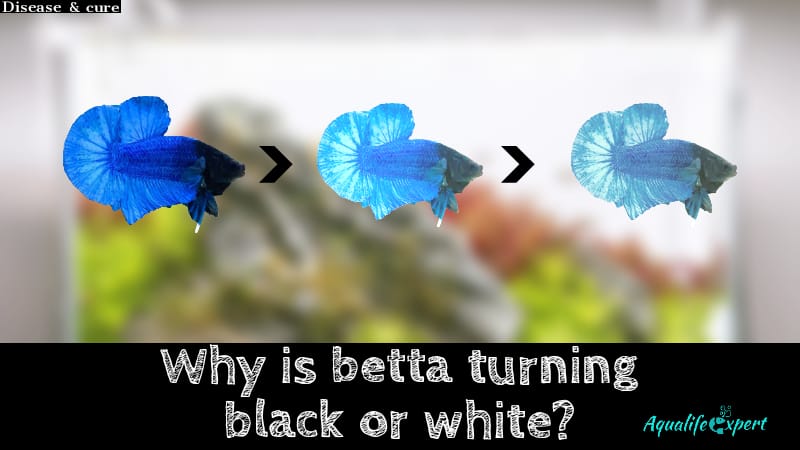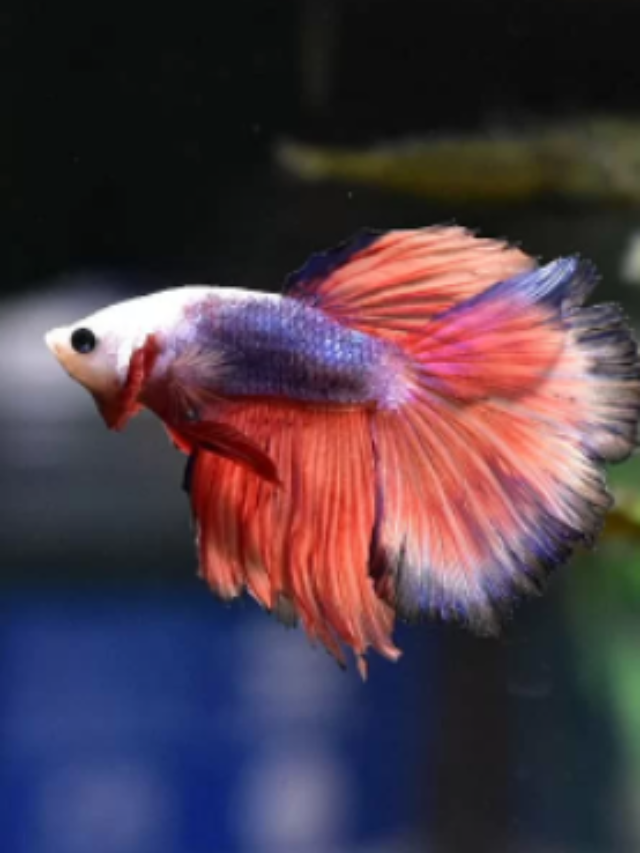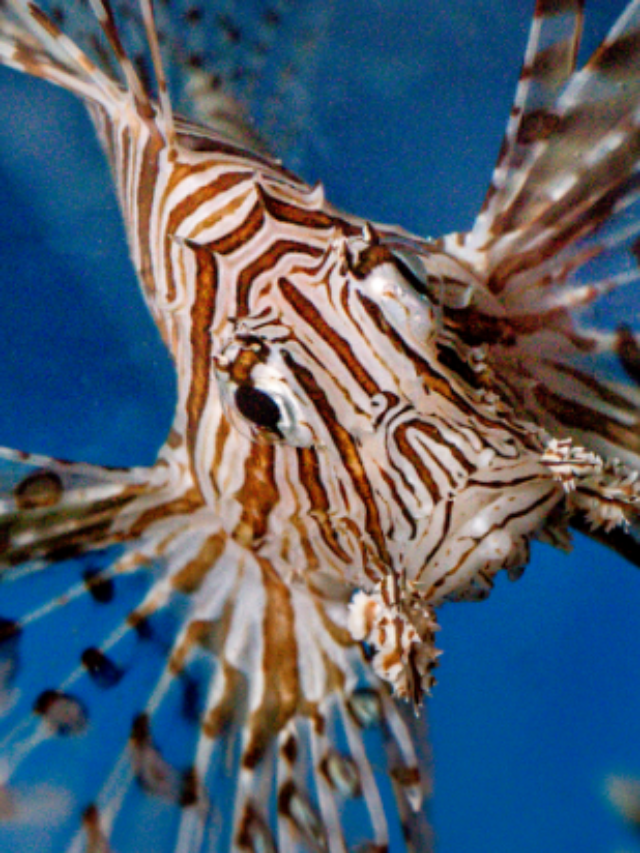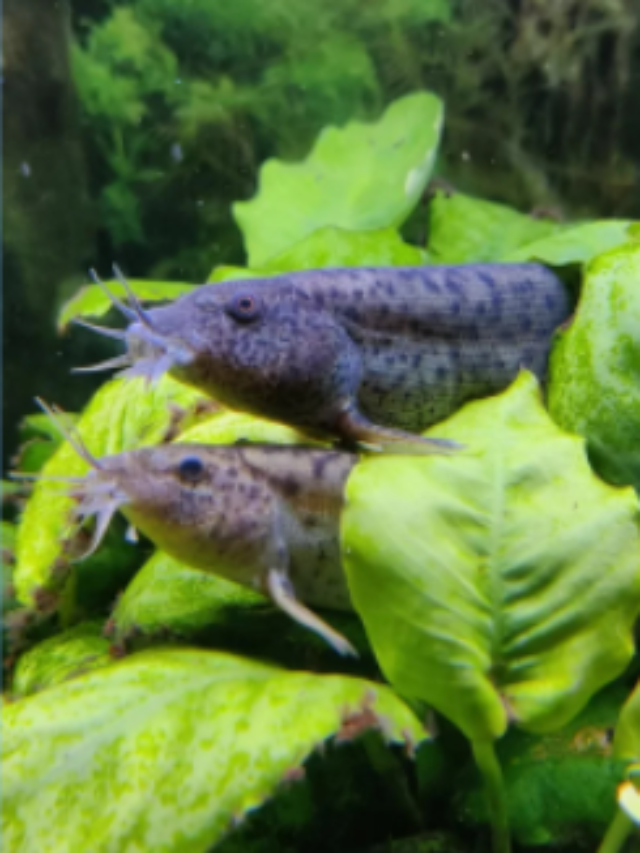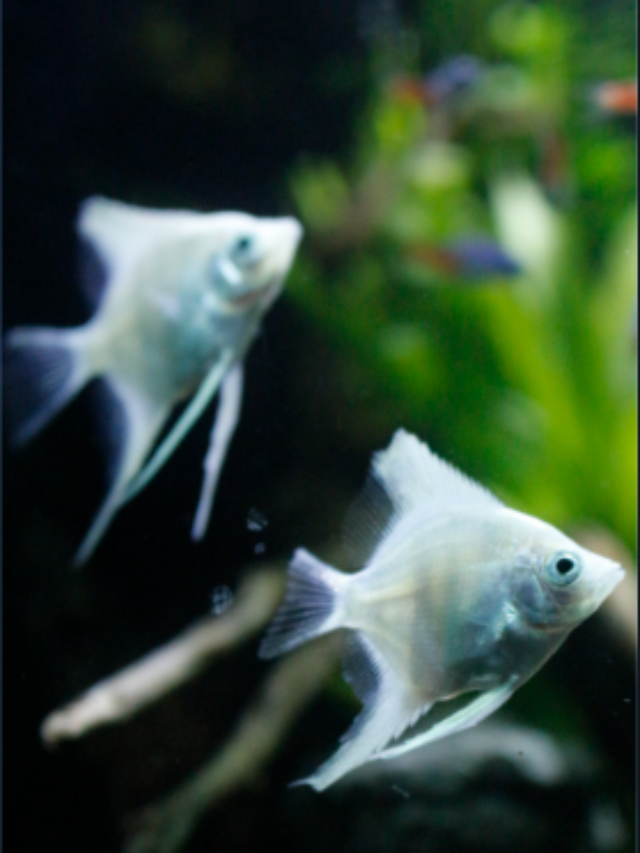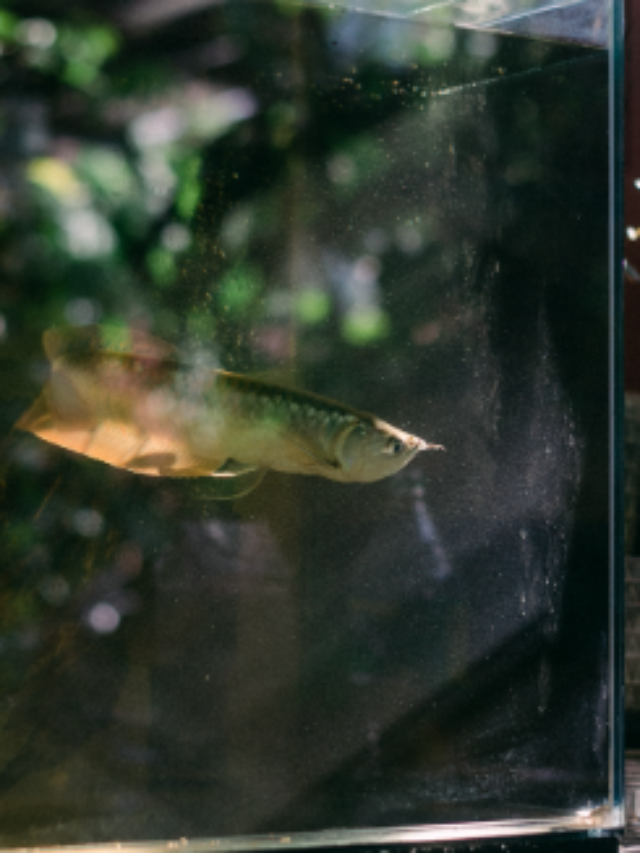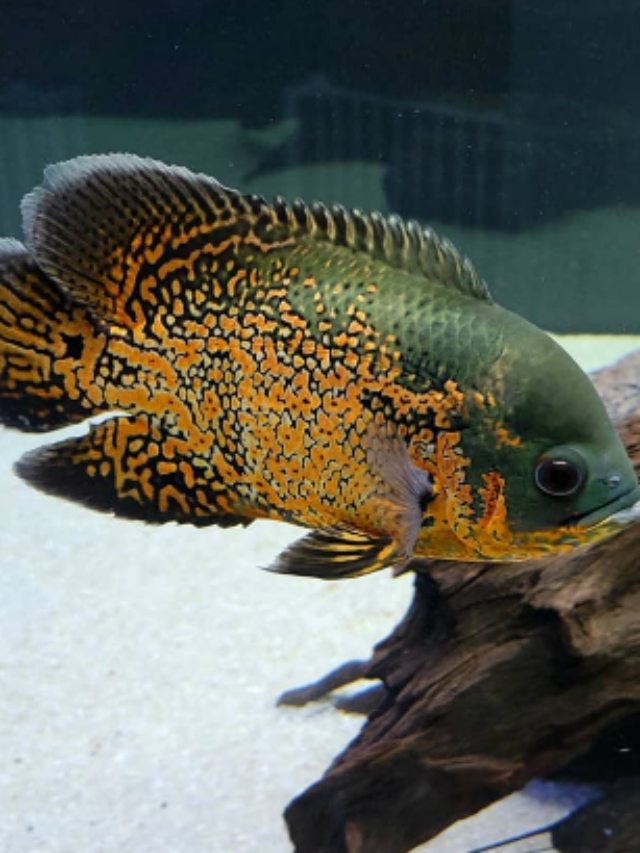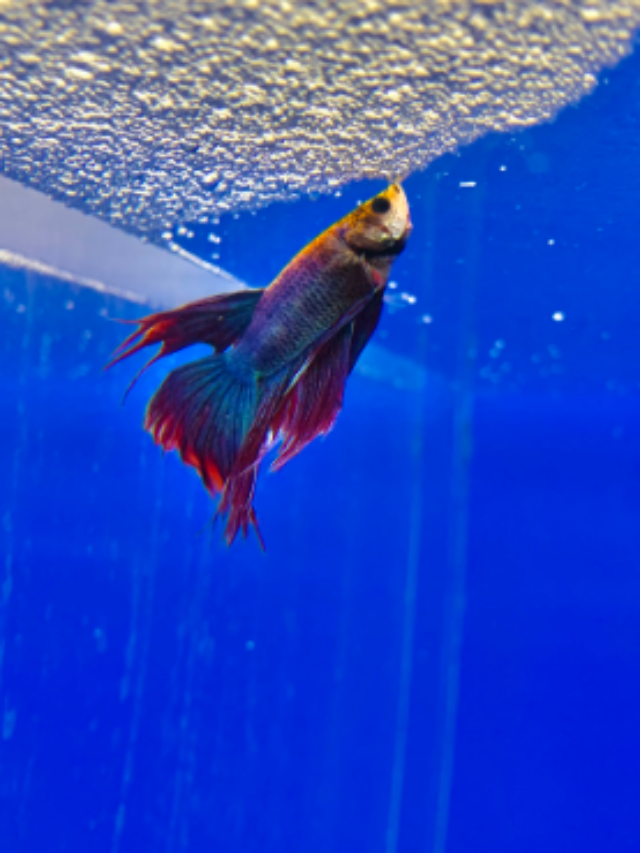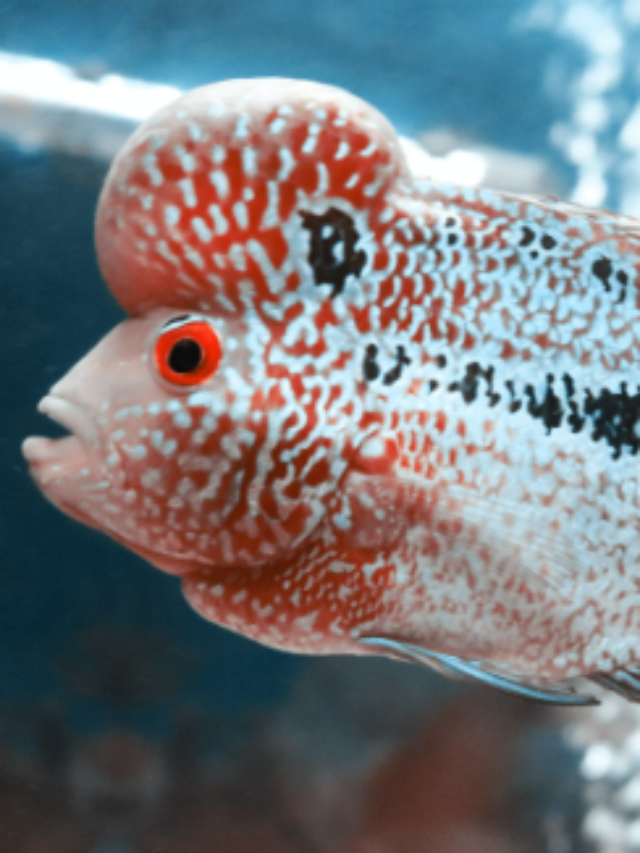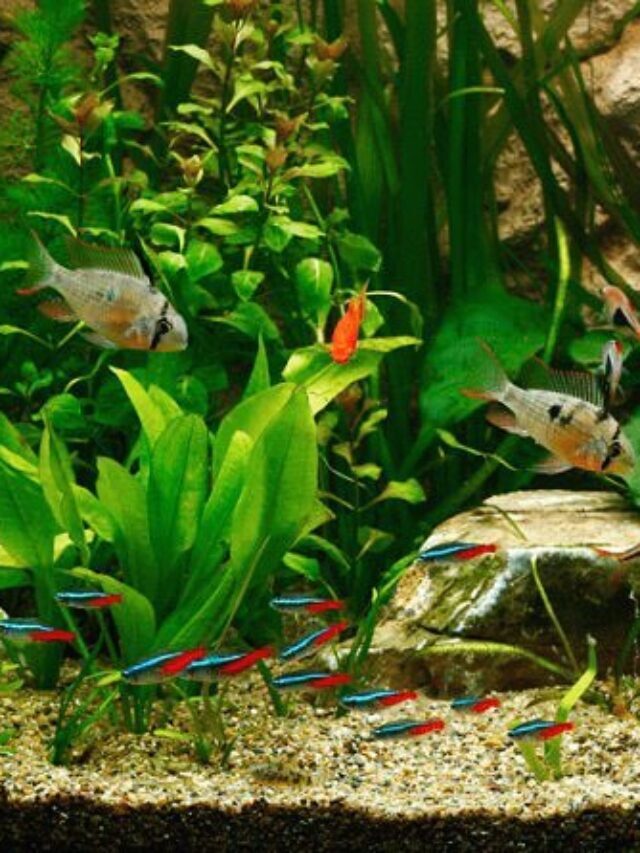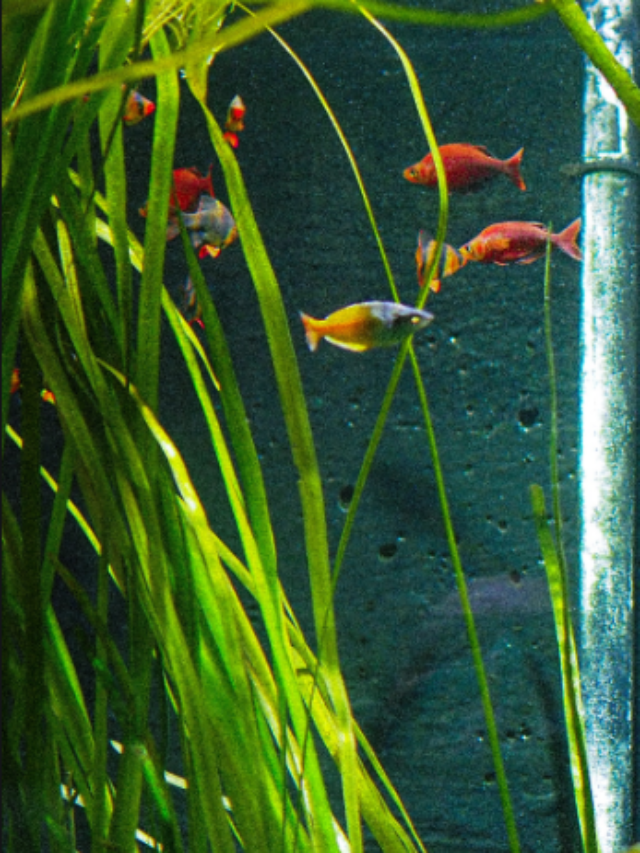Betta Fish is Turning Black/White: Doctor’s Opinion On It
Check Our Quick Stories
Betta fish is one of the beautiful fish in the fishkeeping hobby. Its body colour and body shape attract each and every person in the world. Now if it starts turning black or white, it means it is not well or it is unhealthy. At that time you must provide special care for that betta fish.
High ammonia level in the water is the primary reason for betta fish’s black body colour. However, the body colour may turn black due to the ancestor’ gene also. The body colour of betta turning white is the preliminary sign of fungal infection or fin rot. White body colour justifies the betta is under stress.
| This answer is certified by Udipta Roy, M.F.Sc. (JRF), PhD Scholar, Aquaculture, ICAR-CIFE, Mumbai |
These couple of lines may not help you to know in-depth knowledge about it. If you have betta fish then you have to know these topics comprehensively to save that fish. Here I’ll discuss the causes and cure of the betta fish’s body colour change. So let’s dive deep into the topic.
Why is my betta fish turning black?
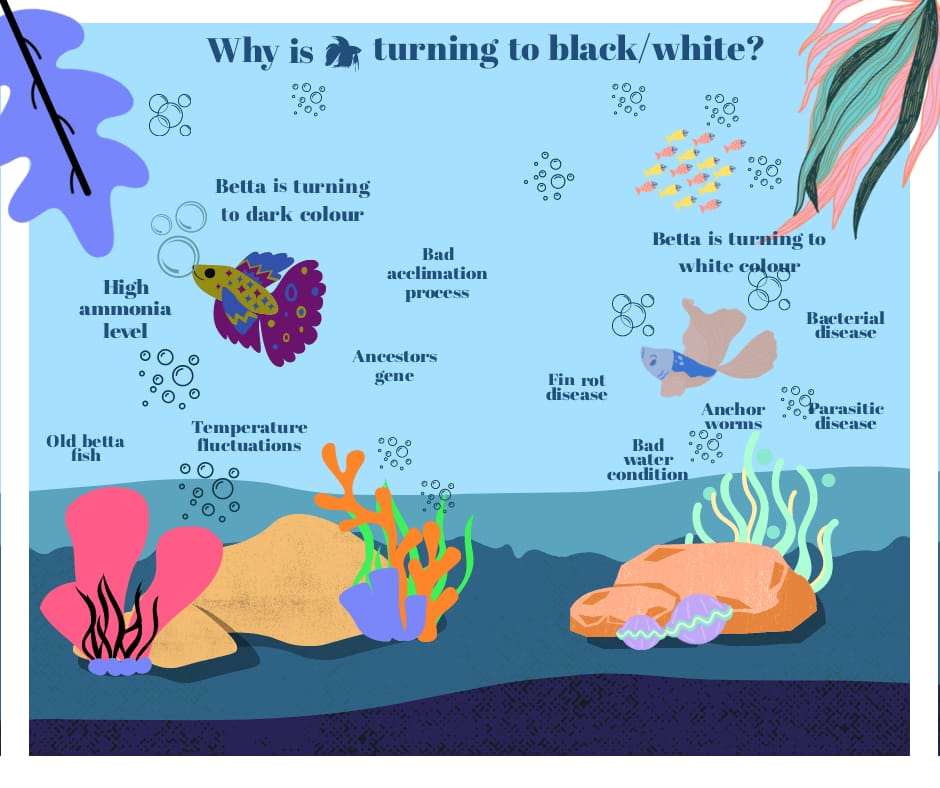
A betta fish turning dark or black may be a sign of ammonia poisoning. However, if the fish is still healthy & active then the colour may come from the ancestors’ gene. Besides this, due bad acclimation process, fluctuations of temperature may create stress on betta that helps to turn its body colour into black
In addition, if your betta fish is old enough then also its body colour may turn dark or black. In that case, you must observe the fish well. If you can notice the tank well then you may find the reasons for this kind of behaviour of betta fish. However, from here you are going to know the 5 most possible reasons why your Betta fish is turning black or dark.
-
High ammonia level in a fish tank
Having ammonia is very harmful to an aquarium. This can kill the whole of your tank. Your betta fish tank must not have ammonia. However, when you are building a new Betta fish tank then a ‘new fish tank syndrome‘ may occur for betta fish. This disease happens due to excessive ammonia in the fish tank.
If your betta fish is turning dark or black in colour then ammonia poisoning may be a reason for it. However, if your betta fish is affected by ammonia then other symptoms may definitely appear on it.
Generally, ammonia burns the skin of fish and that’s why it turns reddish dark or black. The gill of the betta fish may turn purple or reddish black.
In this case, the betta may try to fold its fins against the body. Not only that, but the Betta fish will be extremely lethargic in nature. It will not swim actively or eat actively. Fish lose their appetite for ammonia poisoning. If you observe these symptoms with the dark colour of its body then you must know that your fish tank is affected by ammonia poisoning.
Read more:- Sterilization of Aquarium after Fish’s Death: A VETERINARY Guide
-
Due to bad acclimation process
If betta fish is acclimated badly then also its body colour may turn dark or black. However, the chances of it are quite low still, you must check it.
The acclimation process is one of the important things in fishkeeping. Lots of new aquarists don’t know its significance. A bad acclimation process may create stress on betta fish and due to this, it may turn into black colour. When you buy betta or discus fish then you should apply the drip acclimation process. It is because they are sophisticated fish.
In addition, betta fish may be hurt while packaging and during travelling. So drip acclimation may help to get comfort to betta fish. However, you must know that the drip acclimation process will take a little bit of extra time. It is the drawback of this acclimation process.
Read more:- How to acclimate fish from one tank to another
-
Temperature fluctuations of the water
Betta fish may turn into black colour due to frequent temperature fluctuations. Frequent fluctuations of temperature may give a shock to betta fish which may increase stress in it. 22°C to 29°C is a suitable temperature range to keep betta fish healthy.
Temperature is one of the important factors that you must check especially while keeping betta fish. Betta fish can tolerate a wide range of betta fish. So you don’t need to worry about the right temperature. Instead of the right temperature, you must keep your eyes on the fluctuations of temperature.
There is a myth among aquarists that betta and goldfish do not require heaters. However, this is not true actually. To solve this issue you must purchase a heater which will work efficiently for a long time. Otherwise, betta may turn black and die.
Read more:- Keep Betta Fish Happy & Healthy: 6 unique Veterinary Guidelines
-
Ancestors gene may turn betta’s colour to black
The body colour of betta fish depends on its ancestors’ genes. Generally, each and every betta fish’s body contains four types of pigments. These are the topmost iridescent colours, black colour, red colour and yellow colour.
Now for some genes that topmost iridescent colour reflects royal blue and that’s why betta looks like a blue coloured fish. For other genes, the red colour reflects the topmost iridescent colour. However, very few genes do not have that topmost iridescent colour. Gradually, the pigments get wiped out somehow as they grow and they may turn into black colour. So, your betta fish may turn into black colour due to its ancestors’ genes.
However, in this case, your betta fish will not be lethargic or inactive. The normal habits will be maintained by that betta fish. So you must observe its habits and activities minutely at this time.
Read more:- Is the discus turning black? Don’t make these horrible mistakes
-
Due to the age of the betta fish
When betta fish is grown old then its attractive colour may turn to a dark or black colour. However, it will not turn dark in colour quickly. Gradually you will see this change.
Besides this, you will see more changes in its body too. When betta is grown old enough then it takes naps more frequently. An old betta fish can’t eat the same amount of food compared to a young betta fish. In addition, white spots here and there in its body and curling fins symbolizes the betta fish has grown old.
However, if you see that your betta fish has grown old then only you should not look after the betta fish because it is a natural process for all animals. Otherwise, if you know the age of your betta fish and still it is turning dark or black then you must take care of it well. You must know turning into dark colour is not a good sign for pet fish except the fish remain active and healthy enough.
Read more:- Two Betta Fish in The Same Tank: Is It Even Possible?
How can you tell how old your betta fish is?
The size of a fully grown betta fish is approximately 3 inches long. Juvenile betta fish will be shorter than this. Vibrant colour and Long & flowing fins are the symbols of an adult betta. However, faded colour, bulged eyes, inactive nature, slender & sick body justify that the betta is getting older gradually.
Read more:- Female Betta is Running Away From Male: 8 Possible Causes
Why is my betta fish turning white?
Betta fish may turn into white or grey colour also. But you have to know the reason behind it. Unlike black colour, there are some other different reasons behind the white or grey colour of betta fish. Let’s jump into it.
Betta turning to white or grey is the preliminary sign of parasitic or fungal or bacterial infections. Fin rot, anchor worms & saddleback are some examples of these types of diseases. Lethargic behaviour & lack of appetite justify these diseases. However, Betta may turn to white due to stress & bad water also.
Read more: – 5 Rare Betta Fish that you must try to collect: With Care Guide
There are primarily 5 reasons why your betta fish is turning into white or grey colour. Let’s elaborate on this topic.
-
presence of anchor worm in betta
If your betta fish is affected by the anchor worms then it will be fairly visible because of its size. This anchor worm may come from other fishes or plants in the aquarium. So before adding anything to an aquarium you must check those elements well.
Due to the presence of anchor worms, betta fish may turn into white or grey colour. Besides this, lethargic behaviours, sores, ulcers, rubbing the body against a rough surface are the initial signs of having anchor worms in betta fish.
In some cases, betta may not turn into white or grey in colour. So you must know that turning into white colour is not the definite sign of having anchor worms.
Read more:- How to Build Planted Betta Tank (Care Guide with Infographics)
-
Due to fin rot disease of betta fish
A very common disease of betta fish is fin rot. Due to this disease, the beautiful fins of betta may get several damages. Now betta turning white is the preliminary sign of fin rot disease.
Fin rot is the only disease of betta fish that helps to fade its bright body colour quickly. If you observe your fish minutely then you can understand that its fins are turning white or grey fast in the primary stage of fin rot disease. After that, the body colour will start to fade simultaneously.
Besides this, lack of appetite, inactive and lethargic nature, fraying fins and tails, etc. are the symptoms of fin rot. In an extreme case, the fins may fall off from the body.
Read more:- Is Epsom salt good for aquarium fish?
-
Due to bacterial infections of betta fish
Betta fish can be affected by bacteria too. The most popular bacterial disease of betta is cotton wool or saddleback disease of betta. Due to one type of bacteria betta gets infected by this disease.
One of the primary symptoms of the saddleback disease is pale or grey body colour. Not only that, but If you notice fungal patches on the body of betta fish then you must be sure about this disease. Besides this, you may observe the white wool type elements on the betta’s body as the symptom of the cotton wool disease.
| Note:- The name of the bacteria of saddleback disease is Flavobacterium Columnare |
-
Presence of parasites in betta fish
Betta fish’s vibrant body colour may have faded away to white or grey due to an infection from parasites. Due to this infection betta fish may face issues in respiration. This disease is known as gill/skin flukes. Lots of experts consider this disease as the itching disease of betta fish.
If your betta fish’s fins are turning white or grey and if it is rubbing its fins or body against any decoration of the aquarium, it means you should be sure about this disease. If you can detect this disease then immediately you must take action with the help of an expert.
| Note:- This disease caused by the Dactylogyrus |
-
Due to bad water conditions in the aquarium
The body colour of betta may change to white or grey due to bad water conditions. It is another reason for the stress of betta fish. However, betta fish can tolerate a high range of water conditions. Still, if you are not able to clean water once a week then stress may generate on betta fish.
However, you must know if you want to keep betta fish healthy then pond water is a must. Lots of new aquarists arrange crystal clear water which is not good for betta fish. The presence of beneficial bacteria in pond water can help betta fish to thrive. Proving one-fourth of pond water in the aquarium is recommended by our expert.
| Note:- Any type of pond water should not be used. The pond must have biodiversity instead of algal bloom |
Can betta fish get their colour back?
Betta can get its colour back definitely. In this case, you must act according to our recommendation. However, if your betta fish has grown old or if it is infected extremely then it may not be possible. But you can try at least once.
To bring the colour of betta fish matured pond water is mostly required. Betta prefers pond water which is its origin. One-fourth of pond water is recommended in the betta aquarium. beneficial bacteria helps to bring its colour back. Moreover, mashed peas contain carotenoids that are suitable as food in this case.
Despite being a carnivorous species, betta loves to eat some human foods. Among them, smashed peas are the main. To enhance its colour carotenoids are mostly necessary. Peas contain alpha-carotene. So you can provide this to infected betta to eat like human food.
Read more:- Which FRUITS are Suitable For Tropical Fish? VETERINARY’S Opinion
Do white betta change colour?
A betta changes colour definitely when it is stressed. Horizontal stripes along with its body become noticeable at this time. However, Transposons (ancestors’ gene) helps betta to change colour. This type of betta is called ‘marble’. Due to losing this gene, betta’s body colour turns from white to royal blue.
What does a dying Betta look like?
Betta’s bright body colour will definitely be dull or pale or white if it is sick or if it’s going to die. However, dark colour, frayed fins with reddish edges symbolizes the same. Moreover, lethargic, inactive nature and fungal spots on the body signify also that the betta is going to die.
So best of luck & happy fishkeeping 🐟

